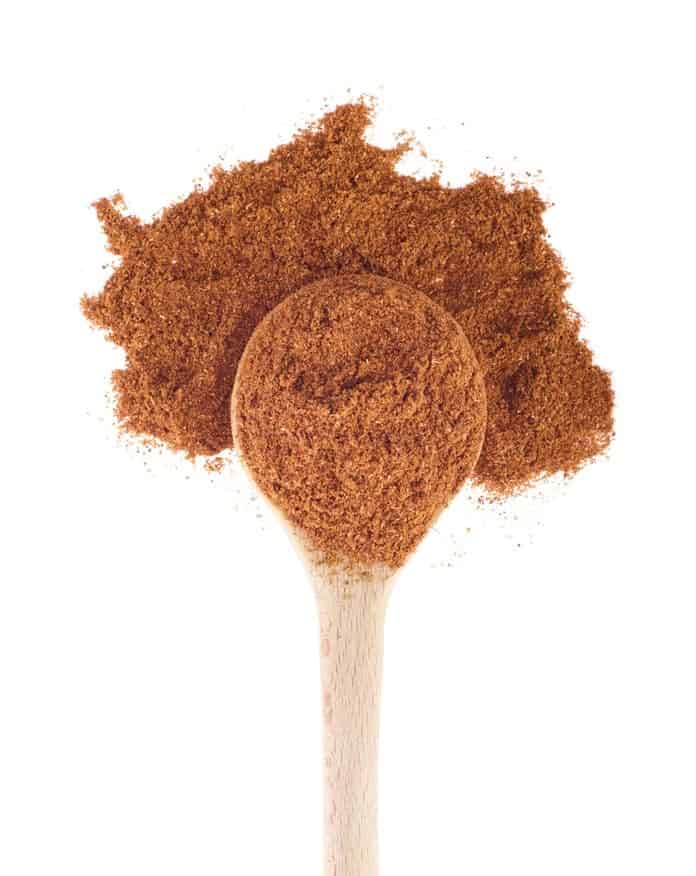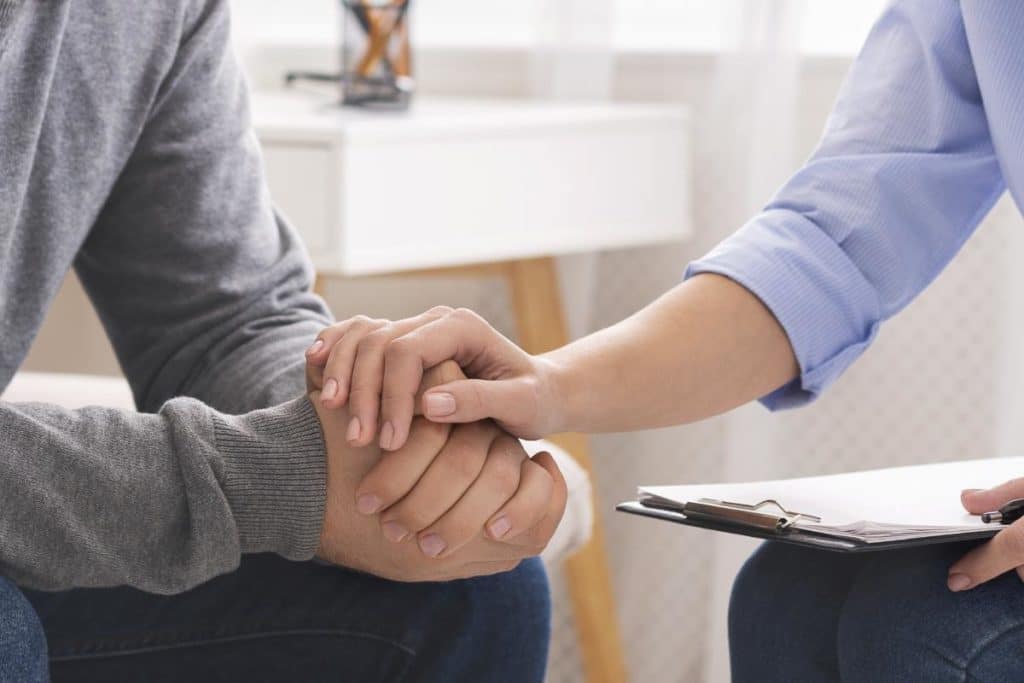Ibogaine has gained attention recently as an addiction treatment alternative to many potentially harmful options like methadone and buprenorphine. While the research is still out on this naturally occurring substance’s true power for curbing addiction, lessening the impact of withdrawal symptoms, and eliminating cravings altogether, ibogaine is viewed by some treatment centers in other countries as the safest route to a drug-free existence. This article discusses how it is currently being used by treatment centers around the world to combat the ever-growing problem of substance use disorders.
For more information about effective drug rehab treatment, call us today at 888.296.8976.
What is Ibogaine?
Ibogaine is a naturally occurring psychoactive substance that comes from the Apocynaneae family of plants like the Tabernaemontana undulata and the Tabernanthe iboga. Some have claimed that it’s psychedelic and dissociative properties aid in the recovery from substance addiction by blocking intensely painful withdrawal symptoms, mainly in opioids like heroin but also in alcohol, methamphetamine, and nicotine addiction.
Despite these claims though, ibogaine is still considered a Schedule I drug in the United States. That means that, according to DEA, it is at the highest risk of abuse and has no currently accepted medical treatment properties. Other drugs categorized as a Schedule I are heroin, marijuana, and LSD. It is, however, being used in other countries.
Due to its illegality in the United States, information regarding the specifics of ibogaine and its effects on the body have not been studied extensively and are more limited than other substances. What we do know about ibogaine is that it’s observed properties for curbing addiction are, as of now, mainly psychological. 
Possible Complications Resulting from Ibogaine Treatment
As mentioned above, scientific trials of ibogaine are limited. There have been a range of adverse reactions that have occurred while under the treatment of ibogaine though. Some of these include:
- Ataxia (losing control of bodily movements)
- Bradycardia (an abnormally slow heartbeat)
- Hypotension (abnormally low blood pressure)
- Mild Tremor
- Nausea
It is important to note, however, that more testing needs to be completed before research is able to point specifically to ibogaine itself for these effects rather than an interaction with other drugs in the system or a confounding medical history. Taking ibogaine can also have potentially fatal consequences.
There were, for example, nineteen ibogaine-related fatalities reported between 1990 and 2008. However, in twelve of the fourteen cases that actually had adequate postmortem data it was discovered that the individuals had a number of factors that could have been partially, if not wholly, responsible for their deaths including preexisting cardiovascular conditions as well as a history of substance abuse that could have created the same effects.
The form ibogaine is taken in can vary from treatment center to treatment center. The iboga shrub’s bark from which ibogaine is extracted is sometimes given directly to patients in certain treatment centers. This becomes problematic because it is difficult to determine the exact amount of the psychoactive chemical in the bark. As such, a patient is likely more at risk of overdosing on ibogaine when ingesting the bark directly rather than in an extracted, measurable form. 
Conclusion
When compared to traditional opioid treatment options like methadone and buprenorphine, ibogaine seems to be a healthier alternative without any risks of addiction. There are two things standing in its way of being an accepted treatment method for addiction. One, it’s illegal. Two, there is no general agreement as to whether or not it works. Those are pretty big stumbling blocks.
If you’re looking for addiction treatment, consider evidence-based treatment at a reputable drug rehab center. Call us today at 888.296.8976 for more information.
**Disclaimer: Northpoint Recovery does not endorse the use of ibogaine for addiction treatment or for any other purpose. This is because it is not currently approved by the FDA as safe or effective at treating any medical disorder**

